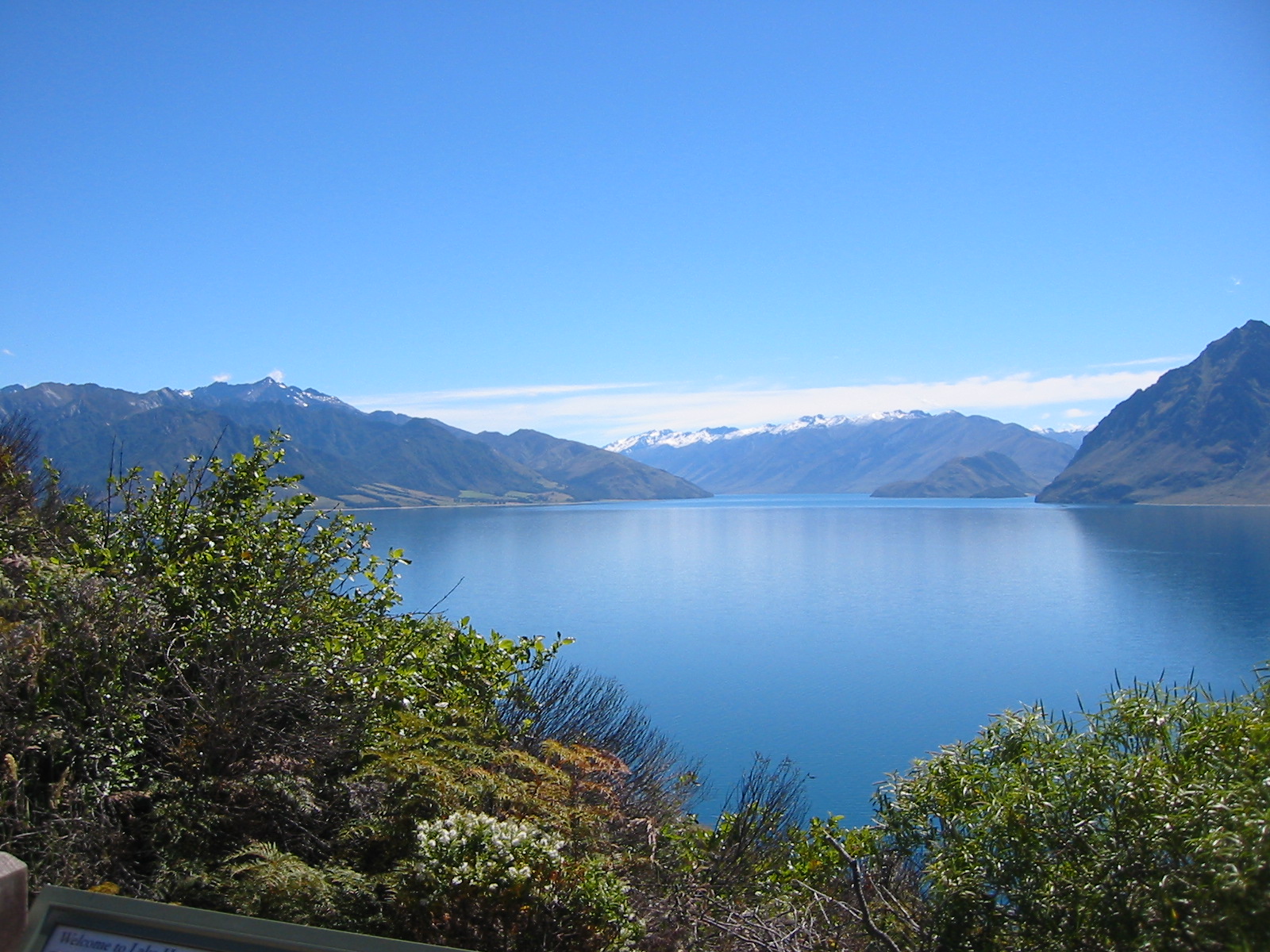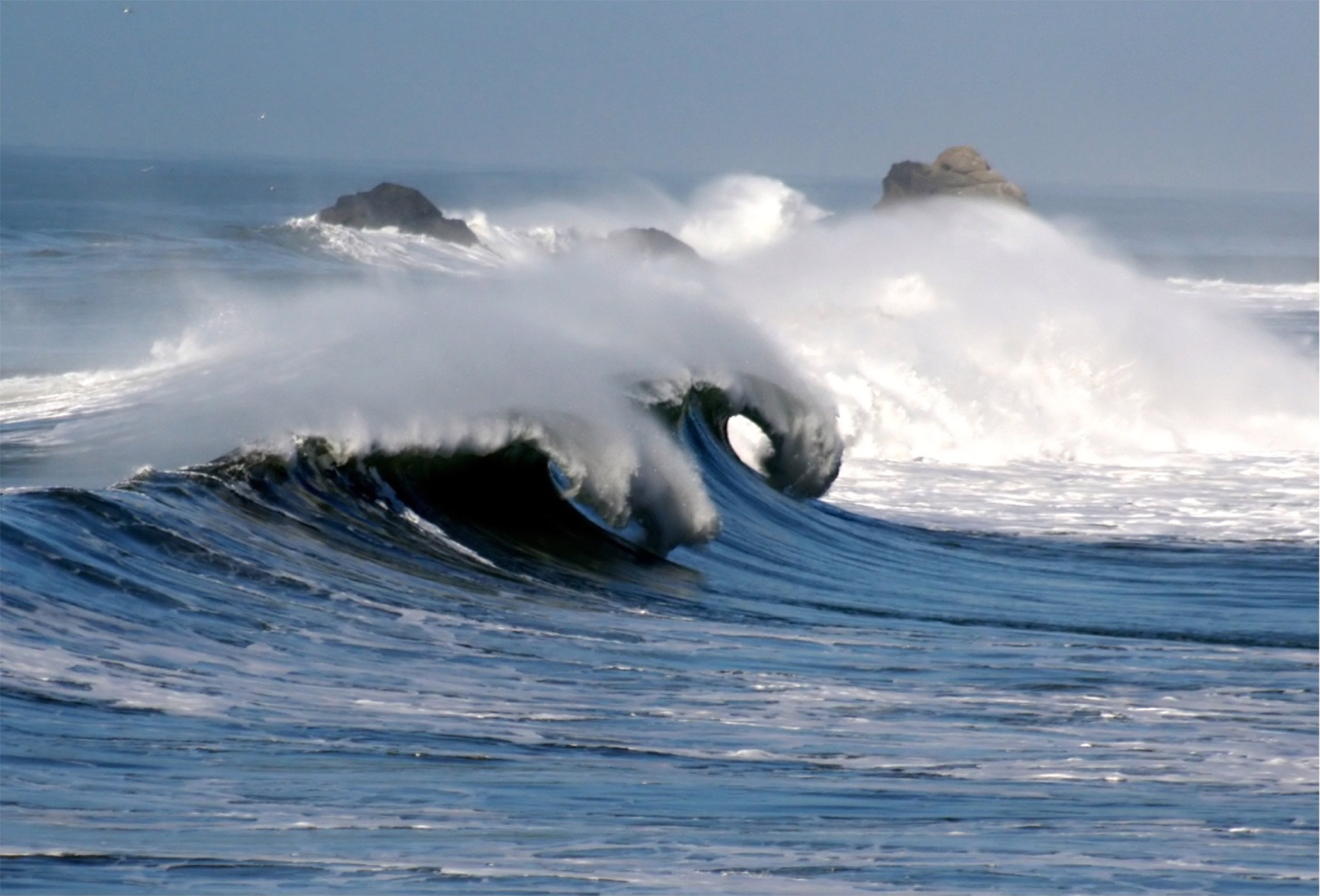Limnology
Enlarge text Shrink textLimnology ( lim-NOL-ə-jee; from Ancient Greek λίμνη (límnē) 'lake' and -λογία (-logía) 'study of') is the study of inland aquatic ecosystems. It includes aspects of the biological, chemical, physical, and geological characteristics of fresh and saline, natural and man-made bodies of water. This includes the study of lakes, reservoirs, ponds, rivers, springs, streams, wetlands, and groundwater. Water systems are often categorized as either running (lotic) or standing (lentic). Limnology includes the study of the drainage basin, movement of water through the basin and biogeochemical changes that occur en route. A more recent sub-discipline of limnology, termed landscape limnology, studies, manages, and seeks to conserve these ecosystems using a landscape perspective, by explicitly examining connections between an aquatic ecosystem and its drainage basin. Recently, the need to understand global inland waters as part of the Earth system created a sub-discipline called global limnology. This approach considers processes in inland waters on a global scale, like the role of inland aquatic ecosystems in global biogeochemical cycles. Limnology is closely related to aquatic ecology and hydrobiology, which study aquatic organisms and their interactions with the abiotic (non-living) environment. While limnology has substantial overlap with freshwater-focused disciplines (e.g., freshwater biology), it also includes the study of inland salt lakes.
Read more on Wikipedia >
 Topic
Topic









